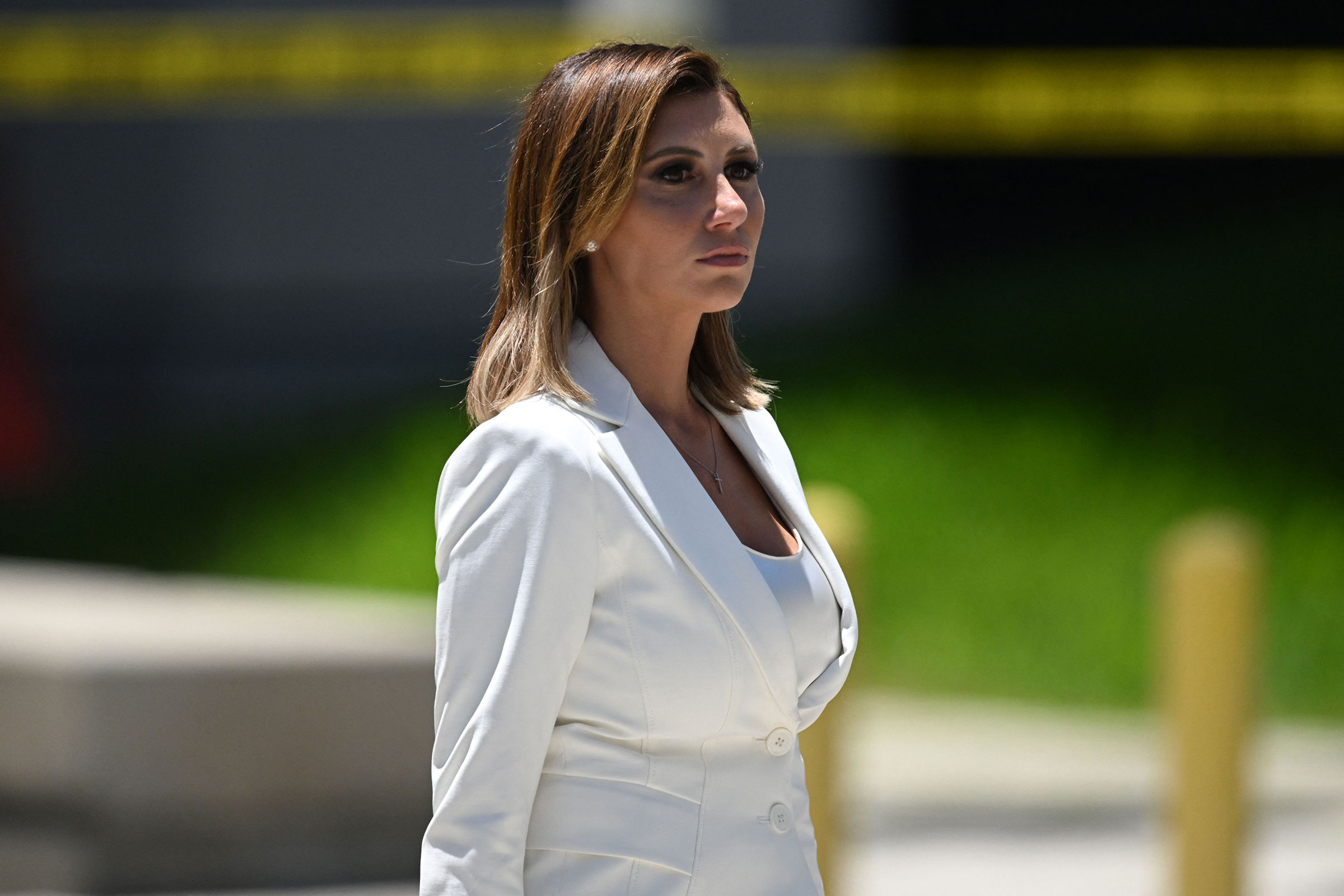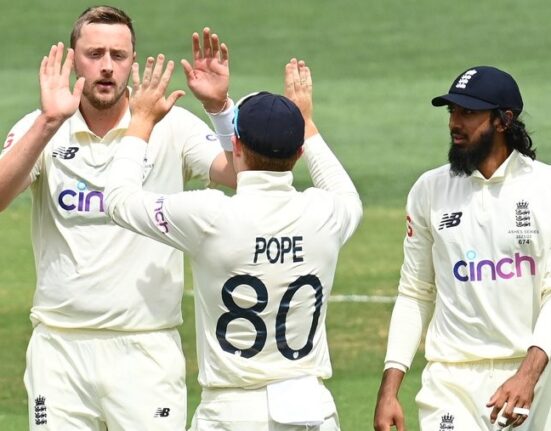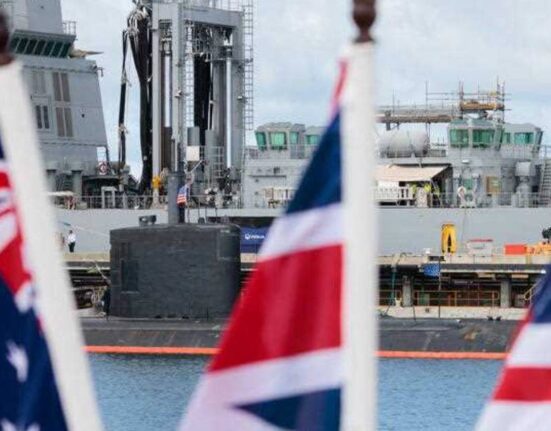Australians are not shy about expressing their views on US President Donald Trump, and the sentiments are far from flattering. According to an international survey conducted by the US-based Pew Research Centre, Australians hold some of the most critical attitudes towards Trump and his administration compared to voters worldwide. The survey results reveal a deep-seated concern among Australians, who perceive Trump as arrogant, dangerous, and a threat to the global economy.
While Trump may exude charisma that resonates with some American voters, Australians remain largely unimpressed. Their concerns extend beyond personality traits to substantive issues such as Trump’s perceived inability to comprehend complex problems or effectively address significant global challenges like the conflicts in Ukraine and Gaza.
The Pew Research Centre, known for its non-partisan analysis of global public opinion trends over two decades, surveyed 28,333 individuals across 24 nations to gauge attitudes towards the United States. The findings indicate a darkening perception of the US since Trump began his second term as president. In Australia specifically, 71% of respondents held an unfavorable opinion of the United States in the latest survey—a notable increase from 60% in the previous year.
It is noteworthy that only Swedish voters surpass Australians in their anti-Trump stance. This sentiment underscores a widespread belief among Australians that Trump lacks qualifications for his role and is ill-equipped to tackle pressing international issues. Moreover, Australians exhibit little confidence in Trump’s leadership abilities—77% expressed having either no or very little confidence in him as a world leader.
The survey not only delves into public sentiment but also reveals intriguing demographic patterns within Australian society. There are clear disparities between gender groups and political ideologies regarding perceptions of Trump. Left-leaning individuals displayed considerably lower confidence in Trump compared to those on the right or center of the political spectrum. Men were notably more inclined than women to express confidence in the president—a trend that echoes similar patterns observed globally.
Furthermore, despite certain policy overlaps between elements of the Trump agenda and Australian politics—such as initiatives adopted by Peter Dutton and the Coalition ahead of elections—the survey suggests that Australian voters tend to discount anything associated with Trump himself.
When evaluating personal characteristics and competencies related to key global issues, Australians remained staunchly critical of President Trump. The overwhelming majority labeled him as arrogant (91%), dangerous (81%), and lacking honesty (18%). Confidence in his qualifications for office was notably low at 21%, reflecting one of the least favorable ratings globally.
Looking ahead, uncertainties loom over economic implications following announcements like “Liberation Day” tariffs—an initiative spearheaded by President Trump—which have already impacted consumer sentiment significantly both domestically and globally.
In light of these findings, Prime Minister Anthony Albanese’s upcoming meeting with Donald Trump during the G7 summit holds particular significance for Australia-US relations. Despite differing public opinions on President Trump within Australia, Albanese emphasizes diplomacy when addressing this crucial bilateral relationship without publicly condemning or endorsing specific views.









Leave feedback about this